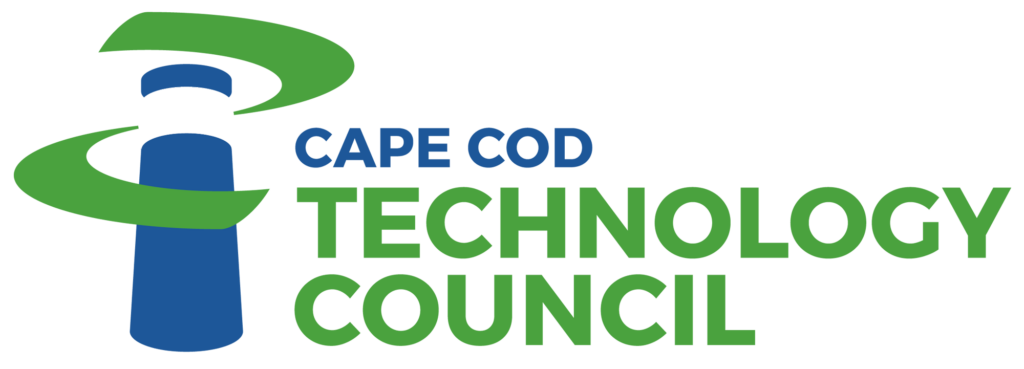In October the Infrastructure Committee discussed the 208 Wastewater Plan, a Regional Policy Plan, and the blue economy.
The EPA has approved the 208 Wastewater Plan, which you can find on the Cape Cod Commission’s website.
According to a meeting where the Commission summarized the report, all the solutions will be on a regional watershed basis (there are 53 watersheds on Cape Cod). The plan is a 20 year process in five year increments. Now that the plan has been approved, the next step is getting the towns to implement the solutions.
The plan begins with five years of non-structural solutions – including oysters – followed by structural solutions – pipes and treatment plants. Some of the early experiments are showing progress.
The Cape Cod Commission also has a Regional Policy Plan which is undergoing a review process. In an effort to take a more nuanced look at the complexity of the region, the Commission utilized software that anyone on Cape could access. These tools map attributes to 15 acre plots, giving participants an idea of what’s going on in areas of the Cape they are less familiar with. We are eager to see how that information is aggregated.
Stakeholder meetings held at the end of October included an overview of the typical steps associated with a Development of Regional Impact (DRI) review; 25 Years of Cape Cod Commission Regulatory Review; case studies and discussion with stakeholders about the regulatory processes used to date, their opinions of what has worked and what has not, and suggested changes to be incorporated into the Regional Policy Plan revision.
At their watershed meetings the Commission has had 100-200 people show up with diverse participants, making good inroads in getting the towns to communicate with each other.
The Infrastructure Committee also revisited the question of how to create innovation and keep the work on the Cape – a question addressed at the Smarter Cape Summit.
Smarter Cape Summit is run by Smarter Cape Partnership – Cape Cod Chamber, Cape Cod Commission, Cape Cod Economic Development Council, Cape Cod Technology Council, Cape Cod Young Professionals (CCYP), The Home Builders & Remodelers Association of Cape Cod (HBRACC), and OpenCape, Inc..
This year’s Summit will be the blue economy: research, remediation, recreation, aquaculture and education. The Cape Cod Chamber of Commerce has put together a mind map of blue economy related subjects.
How does technology fit into the blue economy? There are certainly things within our purview, including positioning the Cape as a leader in blue economy subjects We will need innovative technology to deal with wastewater, and rising sea water. Traditionally, communities with an educational system in place foster entrepreneurship, and we have the marine science community in Woods Hole. Partially due to the decline of federal funding, the science community is more interested in the commercialization of intellectual property than they have been in the past.
For instance, there is a presentation on Maritime Innovation on December 2, run by Umass Dartmouth.
Also in Woods Hole, Start Up Weekend is November 20, 21 & 22. It’s there to attract potential entrepreneurs who would start businesses around the blue economy. Start Up Weekend brings together groups of people, many of whom have ideas about starting a business. Even if you don’t have an idea, you can be on a team. Coaches are available to help with the issues start ups encounter.
The Infrastructure Committee meets the third Wednesday of every month. All are invited.
